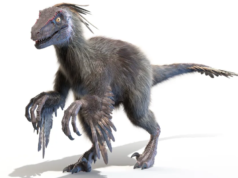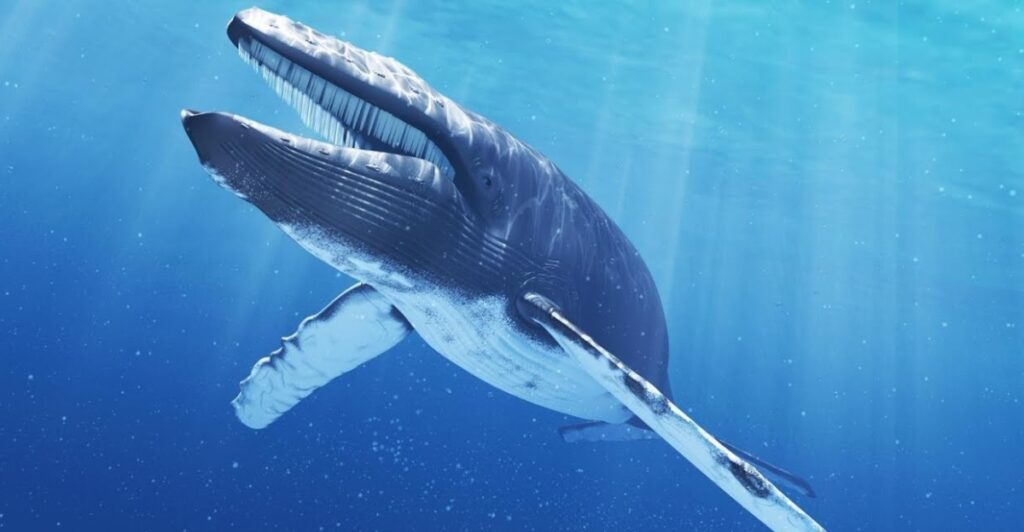
Marine biologist Dr. Asha de Vos has unveiled a groundbreaking discovery in the waters surrounding Sri Lanka. Her research has identified a unique population of blue whales that defy traditional migratory patterns. Unlike other blue whale populations, these giants remain year-round in the nutrient-rich, tropical waters of the Indian Ocean.
The Significance of the Discovery
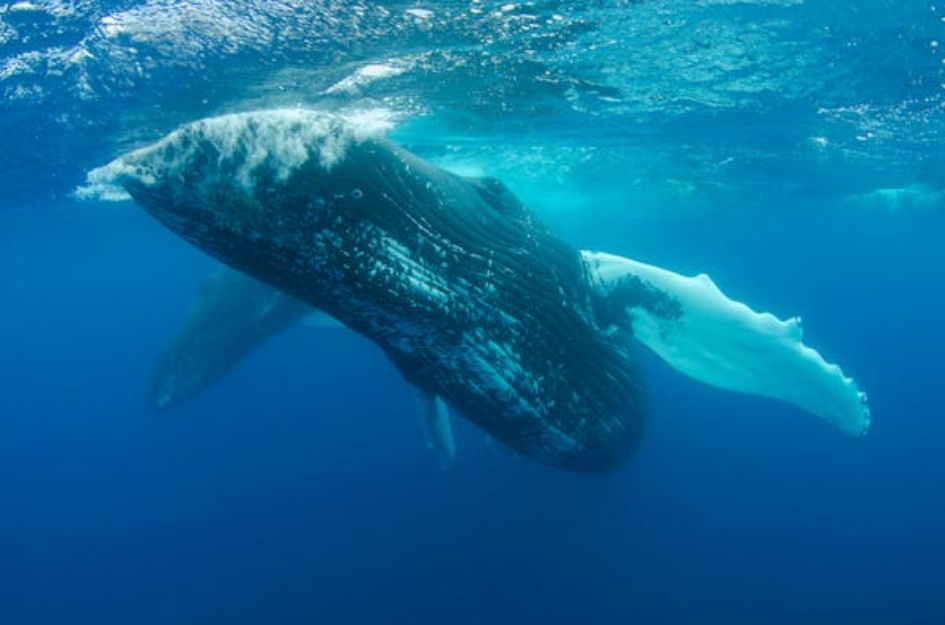
This non-migratory population, often referred to as “pygmy blue whales” due to their slightly smaller size, challenges previous assumptions about blue whale behavior. Their continuous presence in these waters offers valuable insights into the adaptability of marine life in tropical environments. Dr. de Vos’s work has brought global attention to Sri Lanka’s marine biodiversity.
Advancing Conservation Efforts
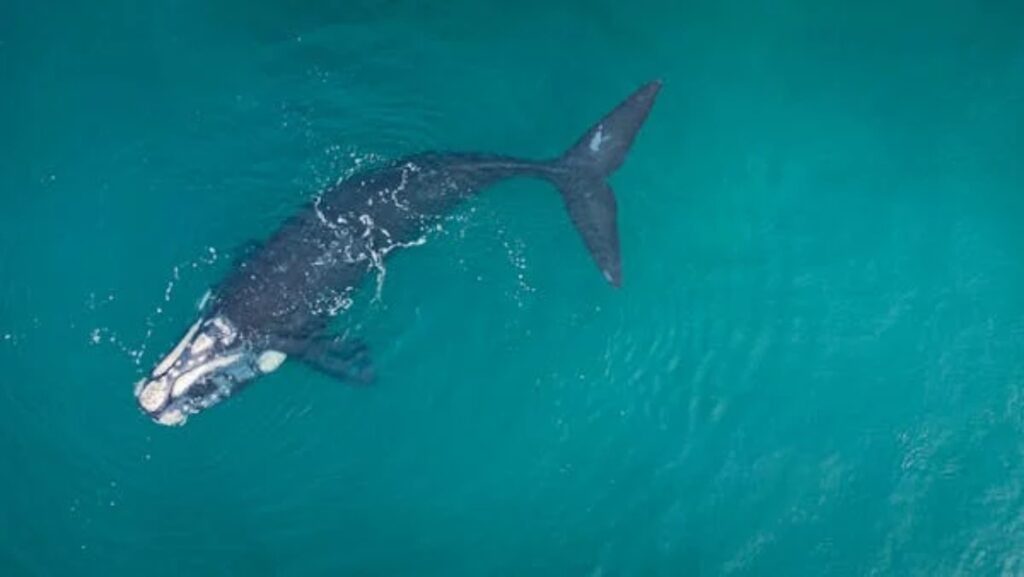
Dr. de Vos has emphasized the urgent need for conservation measures to protect these whales from increasing threats. Shipping routes that intersect their habitat pose a significant risk of ship strikes, a leading cause of mortality among blue whales. By advocating for sustainable marine policies, she hopes to mitigate these dangers and ensure the population’s survival.
Integrating Science and Policy
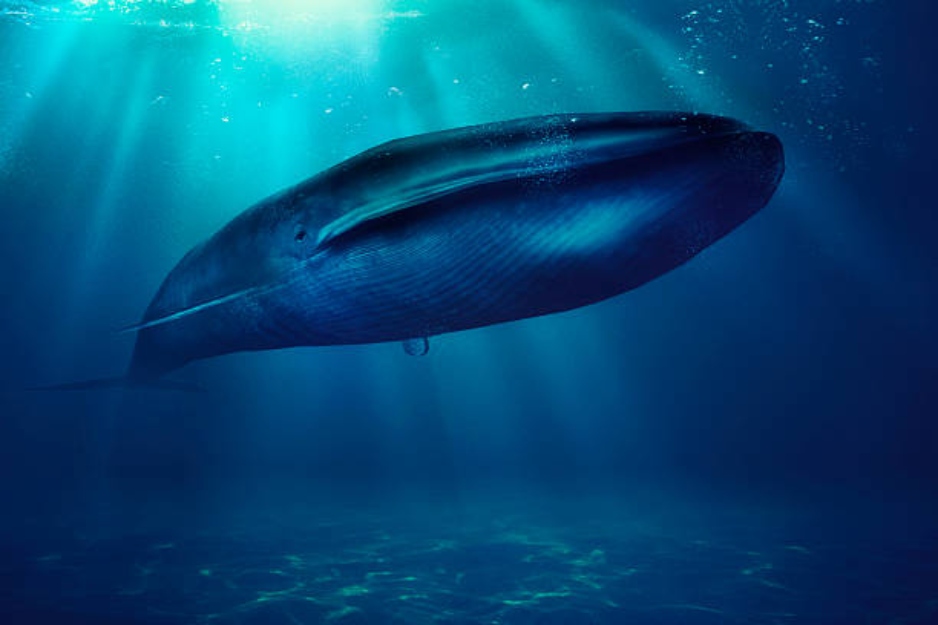
Beyond her scientific achievements, Dr. de Vos has been a pioneer in linking research with actionable policy changes. The whales are the only school that doesn’t migrate during the year they stay in the same area. Her findings have already influenced discussions on maritime regulations in Sri Lanka. Her advocacy extends to promoting eco-tourism as a means to balance economic growth with marine conservation.
Asha de Vos: A Trailblazer
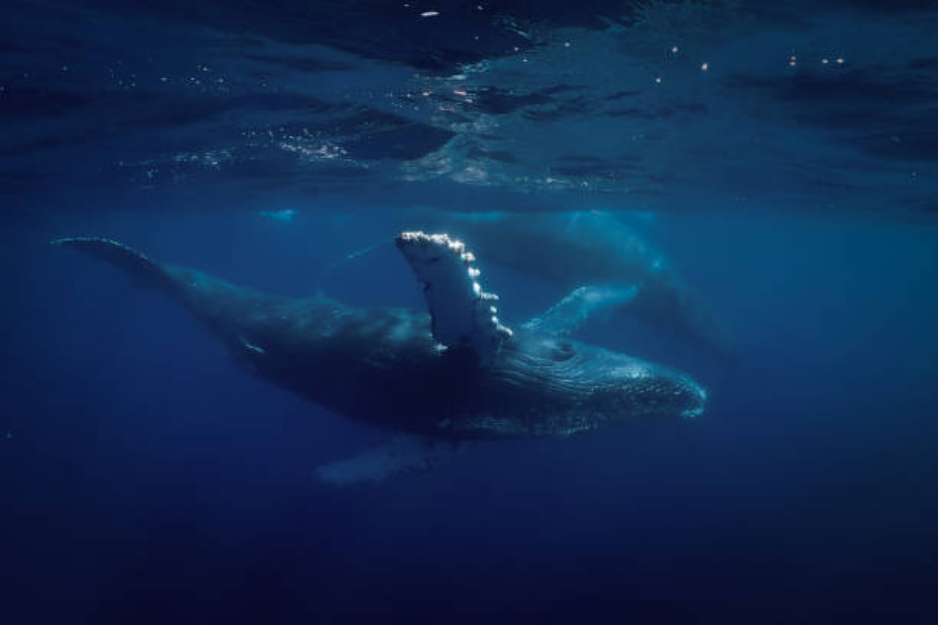
Dr. de Vos is not only a leading scientist but also an influential advocate for diversity in marine science. She founded Oceanswell, Sri Lanka’s first marine conservation research and education organization, to nurture local expertise. Her dedication has earned her numerous accolades, including a recent appointment to the UN Secretary-General’s Scientific Advisory Board.
International Recognition
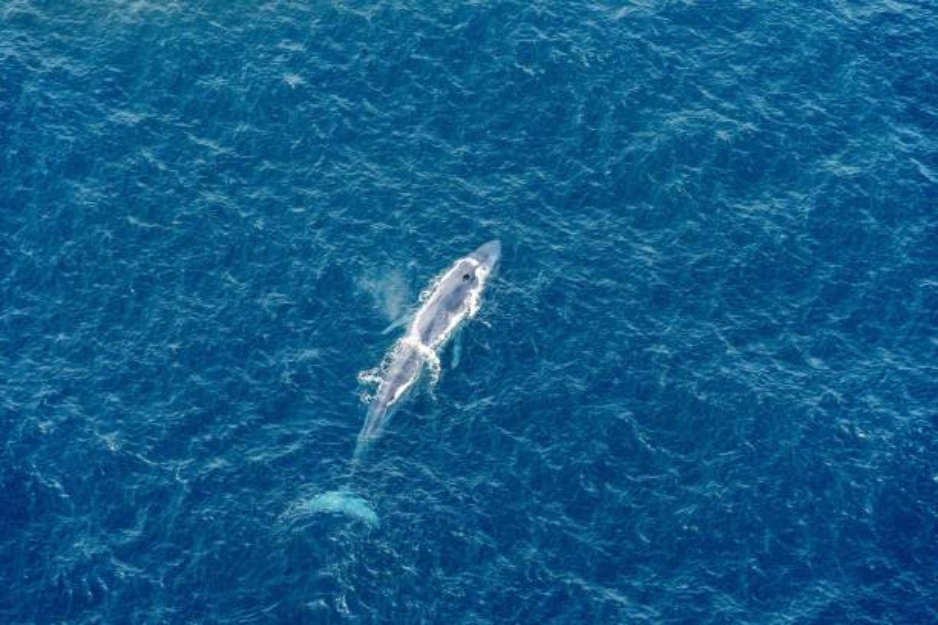
Her work has received widespread international recognition, with features in National Geographic, TED, and the BBC. Dr. de Vos’s commitment to marine conservation and her groundbreaking research have solidified her status as a global leader in her field. She continues to inspire a new generation of scientists.
Local Impact and Global Implications
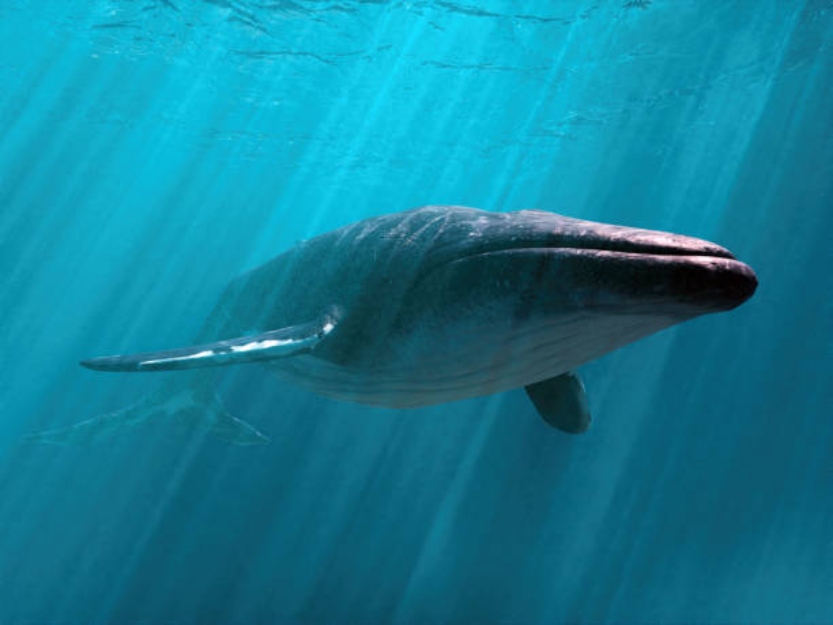
The discovery of this unique blue whale population highlights the richness of Sri Lanka’s marine ecosystem. It also underscores the broader implications for global conservation efforts. Protecting this population is crucial not only for local biodiversity but also for understanding the dynamics of marine life in tropical regions.
Challenges Ahead
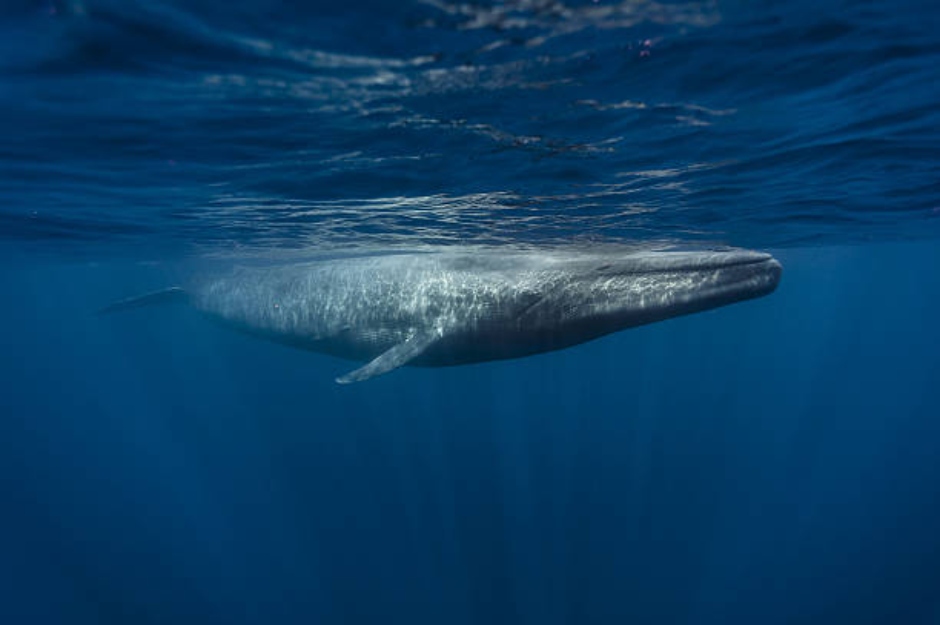
Despite the progress, challenges remain. The increasing industrial activity in Sri Lankan waters demands more robust conservation strategies. Collaboration between governments, scientists, and local communities is essential to address these issues effectively.
Education and Community Engagement
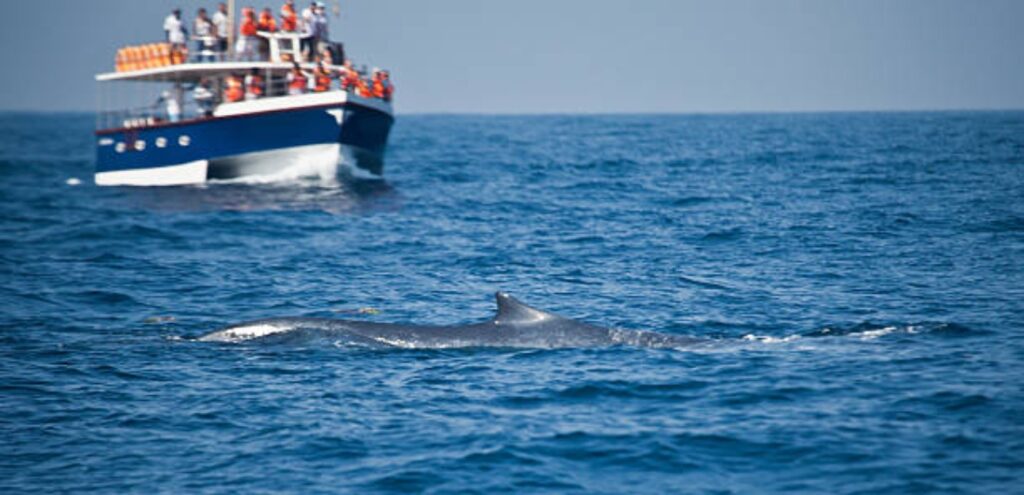
A core part of Dr. de Vos’s mission is educating local communities about the importance of marine conservation. Through Oceanswell, she has initiated programs that engage the public and empower young scientists. These efforts aim to build a sustainable future for marine ecosystems.
A Vision for the Future
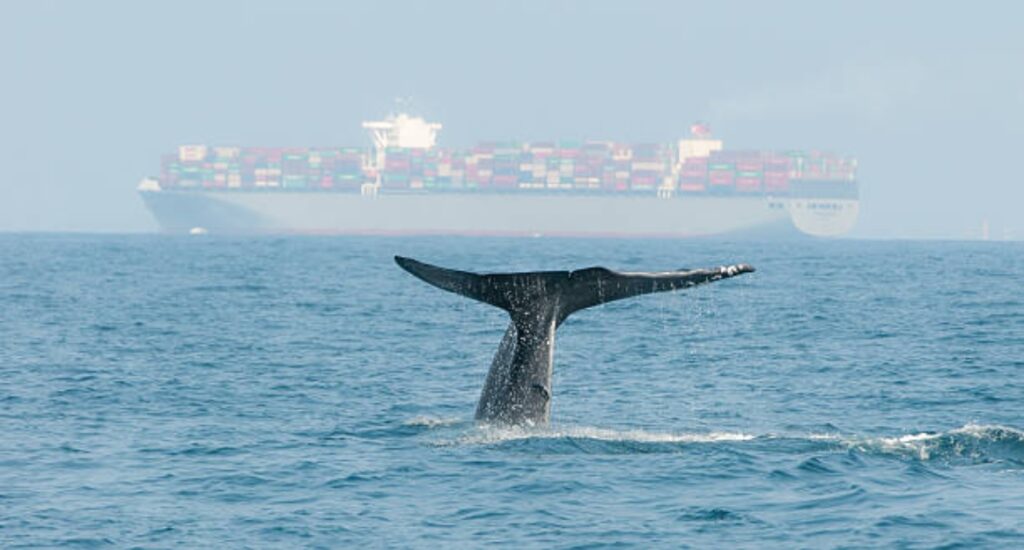
Looking ahead, Dr. de Vos envisions a world where marine conservation is a global priority. She advocates for integrating traditional knowledge with modern science to create holistic solutions. Her work serves as a blueprint for conserving other threatened marine species worldwide.
Global Marine Conservation at a Crossroads
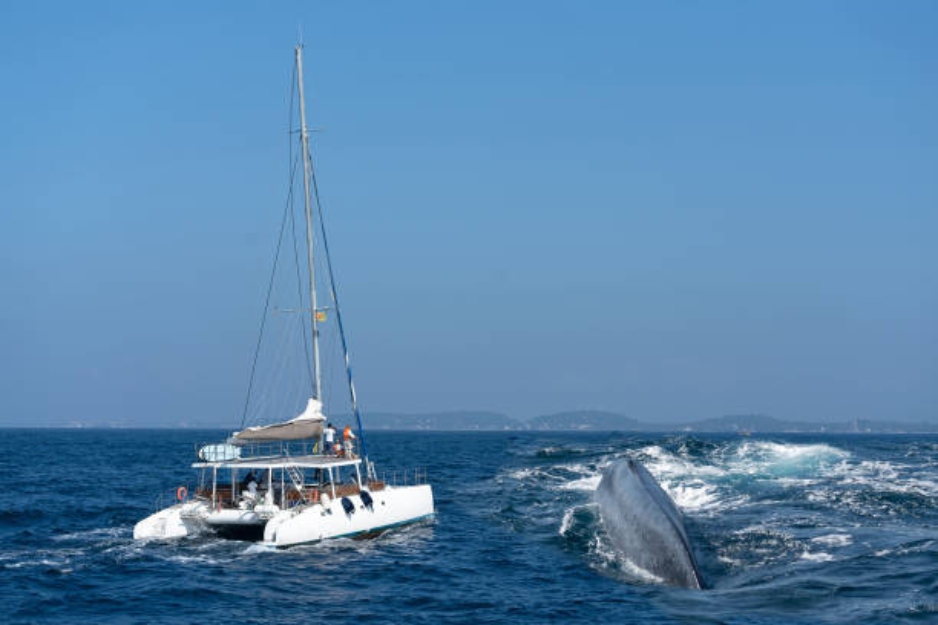
The discovery of Sri Lanka’s blue whale population comes at a critical time for global marine conservation. As climate change and human activities continue to impact marine environments, such breakthroughs provide hope. They also remind us of the delicate balance needed to sustain life in our oceans.
Calls for Sustainable Marine Practices
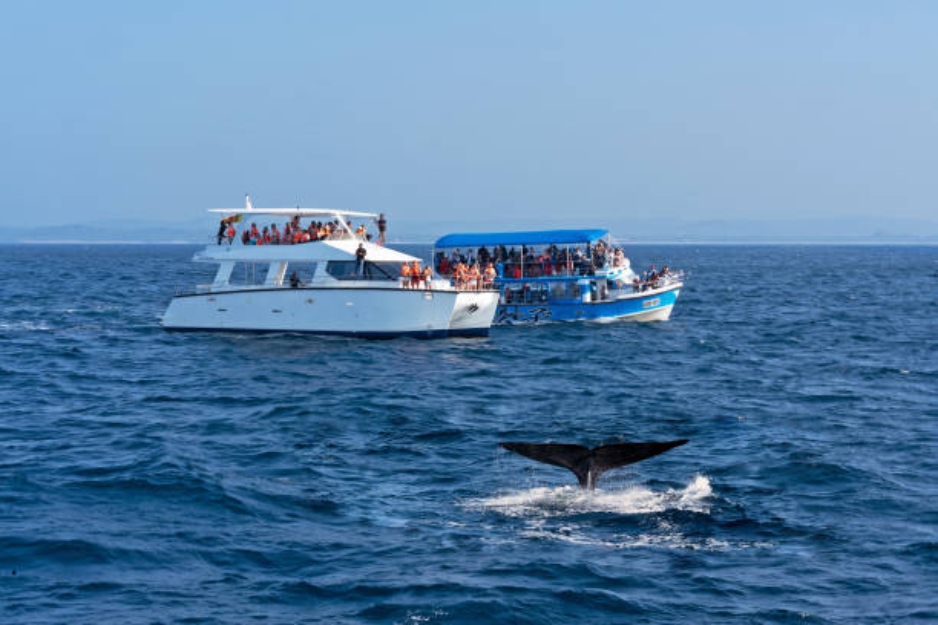
Dr. de Vos’s findings have led to calls for more sustainable practices in shipping and fishing industries. Reducing noise pollution and rerouting shipping lanes are among the proposed measures. These steps are vital to minimizing human impact on this unique blue whale population.
A Lasting Legacy
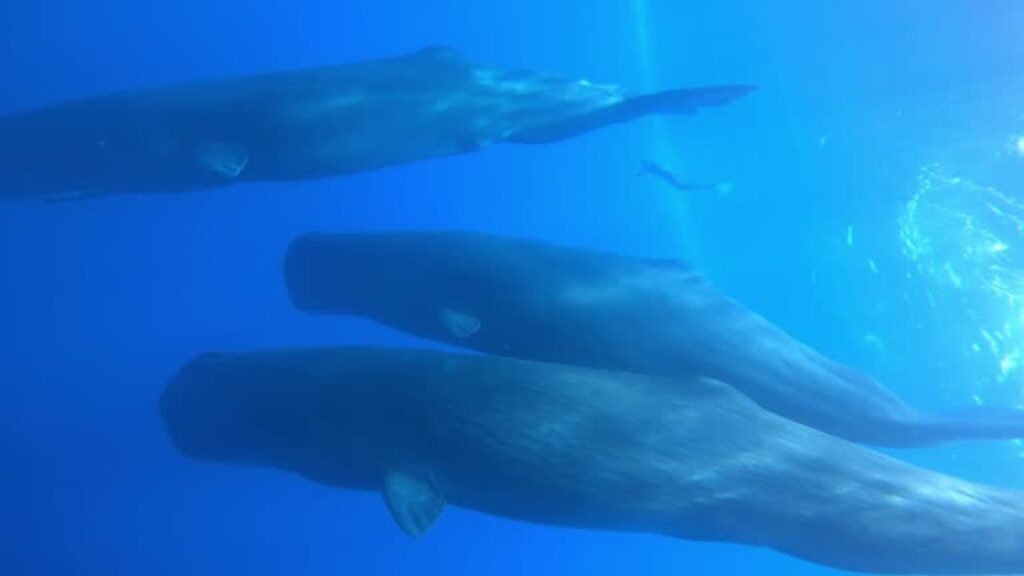
Dr. Asha de Vos’s discovery is more than a scientific milestone; it is a call to action for global conservation. Her work not only enriches our understanding of marine life but also sets the stage for protecting our planet’s biodiversity. As the world grapples with environmental challenges, her efforts serve as a beacon of hope and resilience.
Stay connected with us for more stories like this! Follow us to get the latest updates or hit the Follow button at the top of this article, and let us know what you think by leaving your feedback below. We’d love to hear from you!



